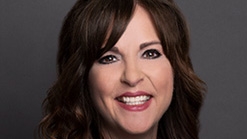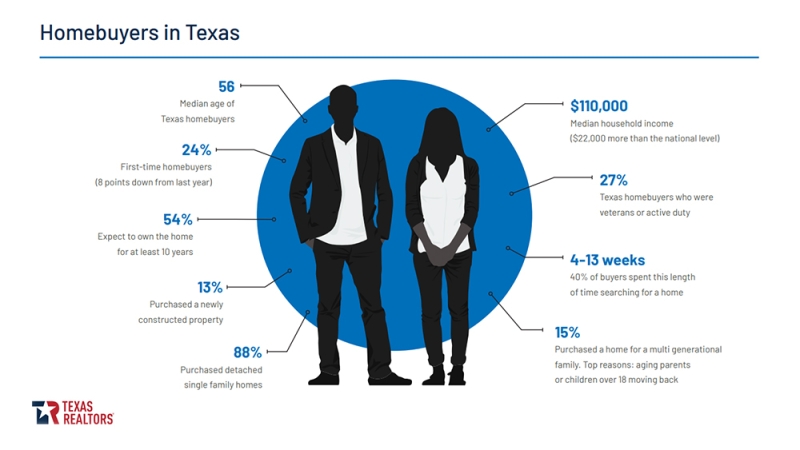Q: What are some common things originators can look for when it comes to borrower fraud?
I originally got involved with mortgage sector fraud cases back in 2005, when I was a brand-new lawyer. Back then, the fraud was heavily slanted toward traditional borrower fraud – falsified bank statements, verifications of employment, etc. In the past 18 years, not a lot has changed. I do see more occupancy fraud these days, particularly when it comes to foreign nationals attempting to move funds to the United States to invest in real estate and using straw borrowers to do so.
The biggest difference is that the same borrower fraud schemes have become more sophisticated. Whereas fraudsters used to create amateurish fake bank statements and have their friend pretend to be a supervisor at work, the false documentation has become far more sophisticated and difficult to detect. The documents look authentic. In a few days’ time, you can set up a faux website for a faux business.
So how do you detect fake documents? I encourage lenders to try to talk to the borrower at least once during the process. Don’t read a script – have a real conversation. If your Spidey sense starts to tingle, there is probably a reason for that. That’s usually a good time to start using those outward-facing analytics that we just talked about. In the company’s files, is the employer’s address or phone number associated with any other loans? Does the same bank account number appear in any other loan files? Do we have other loans on the same street with similar employers or bank accounts?












